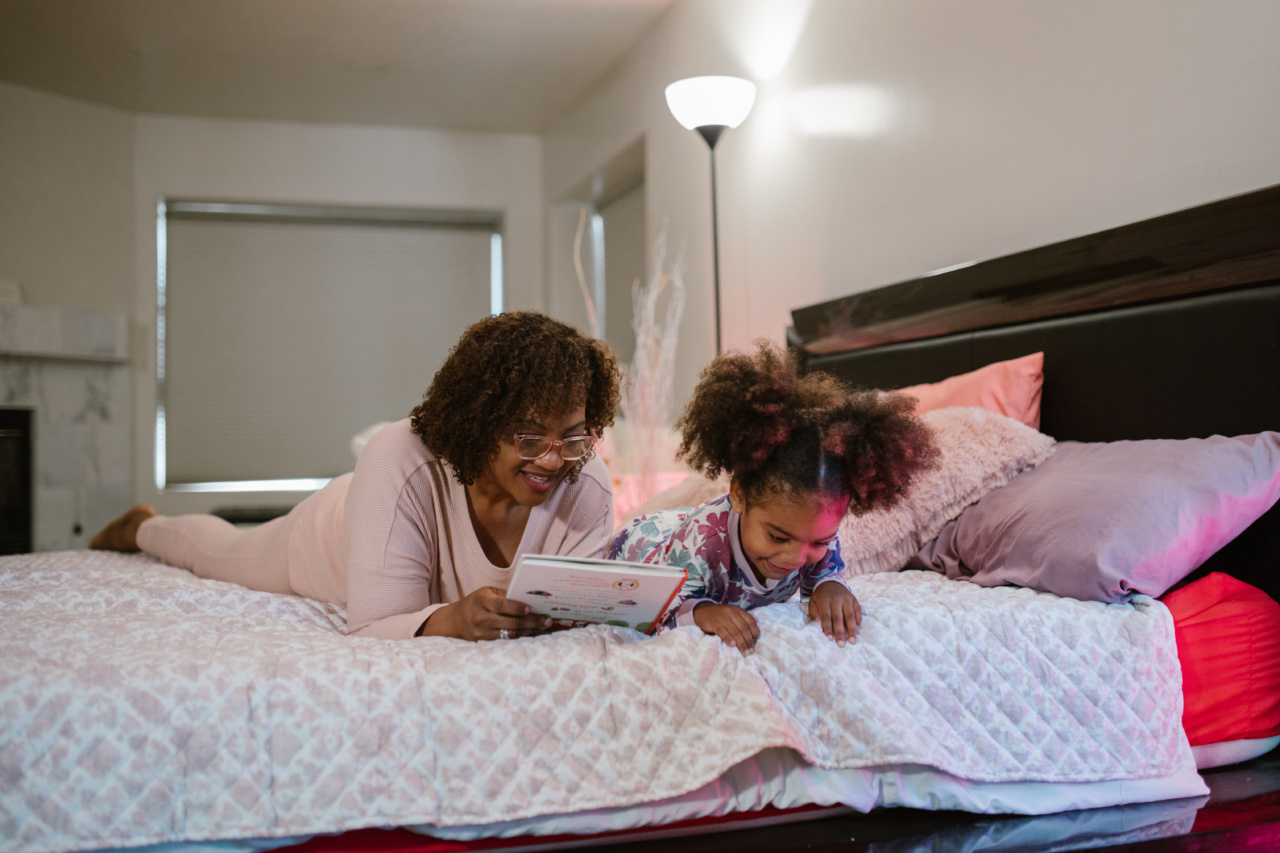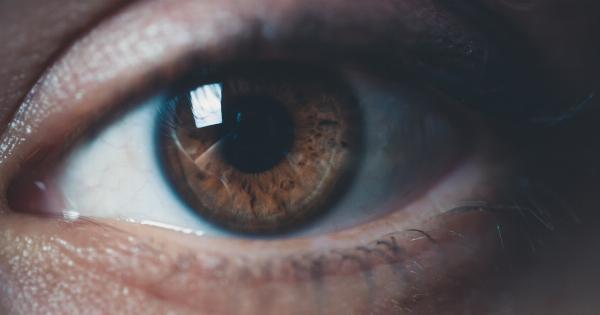Reading glasses have become a common accessory for a lot of us as we age, but how do we know when it is time to get them? Should you go to the doctor or just rely on a trusted source like your mom? Here are some tips to help answer that question.
Ask your Ophthalmologist
It is always a good idea to consult with an eye doctor to determine if you need reading glasses.
If you are approaching middle-age, your eyes will start to go through some changes and you may experience symptoms such as blurred vision or difficulty focusing on close objects. If you are already wearing corrective lenses, you may need to get an updated prescription for reading glasses or even bifocals. You can always ask your mom when she first needed reading glasses, but it is better to get a professional opinion.
Pay Attention to Symptoms
There are various symptoms to watch out for when trying to determine if you need reading glasses. Some of these symptoms include:.
- Squinting to see small print
- Difficulty reading in low light
- Blurred vision when reading or doing close work
- The need to hold reading material at arm’s length
- Headaches or eye strain after reading
If you are experiencing these symptoms regularly, it may be time to talk to an eye doctor or your mom for advice.
Ask Your Mom
Your mom can be a great resource to finding out when you might need reading glasses.
If your mom wears them, it’s likely that she has gone through this stage in her life and can give you some insight on the signs to look for and when it’s generally recommended to get them. Moms are often very observant and especially when it comes to the health and well-being of their children.
Know Your Family’s Eye History
If you have any concerns about your vision, you may be able to anticipate when you might need reading glasses based on your family’s history.
Do your parents or grandparents wear glasses for reading or close work? If so, there’s a good chance that you may experience the same conditions. Knowing your family’s eye history and sharing that with your doctor can be instrumental in getting the right diagnosis and treatment options if required.
Get Regular Eye Exams
Even if you don’t think you need glasses, it’s always a good idea to get regular eye exams. Eye exams can help your eye doctor to identify any conditions early on and give you the best possible treatment options.
If you do need reading glasses, your eye doctor will be able to help you choose the right pair to suit your needs and give you advice on how to care for them.
Taking Care of Your Eyes
While reading glasses can be a useful tool for many people, it’s important to take steps to prevent or slow down the progression of some vision issues. One way to protect your eyes is to limit your exposure to UV rays.
Protecting your eyes from the sun’s harmful rays by wearing sunglasses is a great way to help keep your eyes healthy. Also, regular exercise, a healthy diet, and not smoking can all help to reduce your risk of developing eye problems.
Conclusion
Ultimately, the decision to get reading glasses is personal and should be based on your symptoms and a professional eye exam.
Your mom can be a helpful resource in your decision-making process, and knowing your family’s eye history can also be beneficial. Don’t hesitate to talk to your eye doctor if you have any concerns about your vision and always take care of your eyes.




























